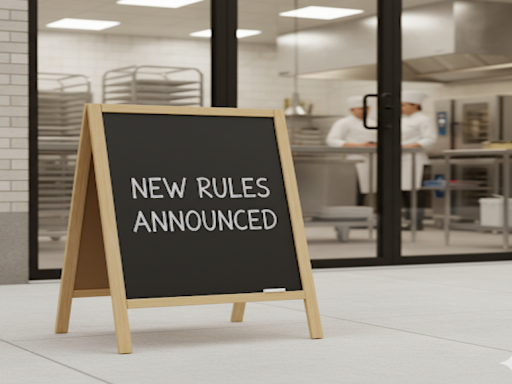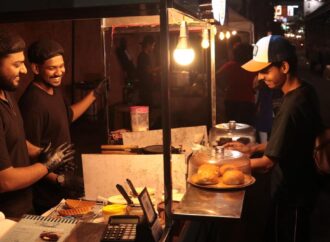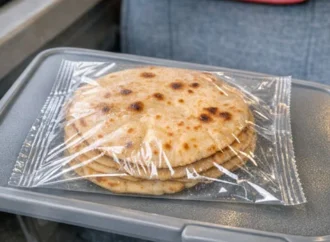Key Update
Saudi Arabia’s Ministry of Municipalities and Housing has rolled out comprehensive new regulations for central kitchens across the Kingdom, requiring them to comply with higher food safety and operational standards. The updated rules mandate the hiring of certified food safety specialists and the implementation of advanced technical systems.
Key Operational Requirements Introduced
Under the new guidelines, all central kitchens in Saudi Arabia must:
-
Install surveillance cameras in every work area
-
Provide reliable electronic payment systems
-
Upgrade worker facilities, including restrooms, toilets, and changing areas
-
Implement strict waste management protocols
-
Meet specific standards for ventilation, cooling, and water drainage
These measures aim to regulate the central kitchen sector more effectively, enhance food safety, and protect public health.
Minimum Size and Safety Standards Set
Ali Al Tamimi, Director of Commercial Licensing at the Ministry, confirmed that each central kitchen must occupy a minimum of 100 square meters and employ a certified food safety expert to minimise risks. Kitchens must also follow layout guidelines that allow smooth staff movement and prevent cross-contamination. Authorities will conduct regular inspections, particularly focusing on food preparation, storage, and service areas where high-risk items are handled.
Focus on Food Safety, Efficiency, and Investment
The ministry described the reforms as a transformative step toward raising food safety benchmarks and operational efficiency. By setting clear licensing criteria, location requirements aligned with the Saudi Building Code, and parking provisions, the government also aims to make the sector more appealing to investors.
Call for Compliance
Officials urged food business operators and investors to thoroughly review the updated guidelines and ensure full compliance. The complete document outlining central kitchen requirements is available on the ministry’s official website.
Source: Gulf News
 Food Manifest
Food Manifest 


















